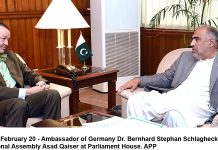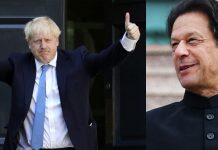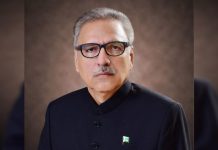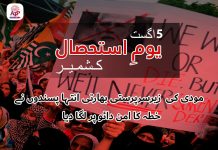Published on: August 17, 2025 12:09 PM

Pakistan’s top military spokesperson said on Saturday that residents of Balochistan are actively helping security forces by identifying terrorists and their supporters. Director General ISPR, Lt Gen Ahmed Sharif, shared that this growing cooperation is a major reason behind the success of intelligence-based operations in the province. He emphasized that the military does not carry out large-scale operations without the support of the local population.
Speaking to students during the army’s internship programme, Lt Gen Sharif clarified that operations are focused only on confirmed threats. He explained that a village or region is never punished for the crime of one individual. “Military operations only target terrorists and their facilitators, not innocent civilians,” he stressed, while urging communities to play their role in ensuring peace.
Furthermore, he praised the people of Balochistan for standing up against violence and showing courage by reporting those who harbor militants. Many locals, he said, are fed up with terrorism and want peace in their homes. He also mentioned that support from ordinary citizens is more effective than any military operation done without public trust or unity.
Highlighting the positive change in the province, Lt Gen Sharif pointed to educated Baloch youth, professionals, and women who are now leading in various sectors. He named Dr Samad Yar Jang, a Cambridge-trained scientist, and Shahzaib Rind, a national kickboxing champion, as proud symbols of progress. He also noted that Baloch women now hold top government posts, including that of deputy commissioners.
Lt Gen Sharif also paid tribute to Major Muhammad Anwar Kakar, who was martyred in a terrorist attack in Balochistan. He remembered Major Kakar’s heroic role in defending Gwadar’s PC Hotel during an earlier attack in 2019. “From soldiers to civilians, sacrifices continue every day to protect Pakistan’s future,” he added with deep respect.
Lastly, he reminded the audience of Pakistan’s foundation, rooted in unity, faith, and equality. He said Pakistan was not created on the basis of race or language, but on a shared Islamic belief. He also explained that Balochistan is home to many ethnic groups, including over 30% Pashtuns, and emphasized national unity above all differences.









.jpg)
